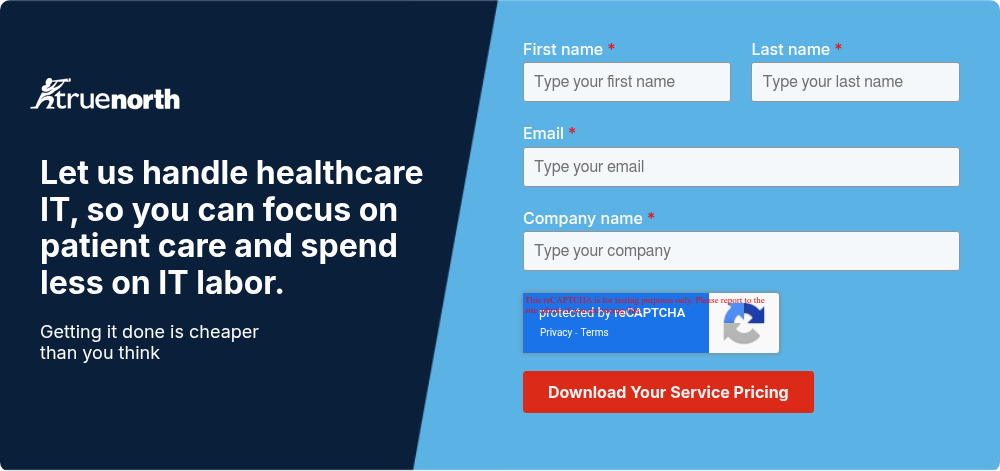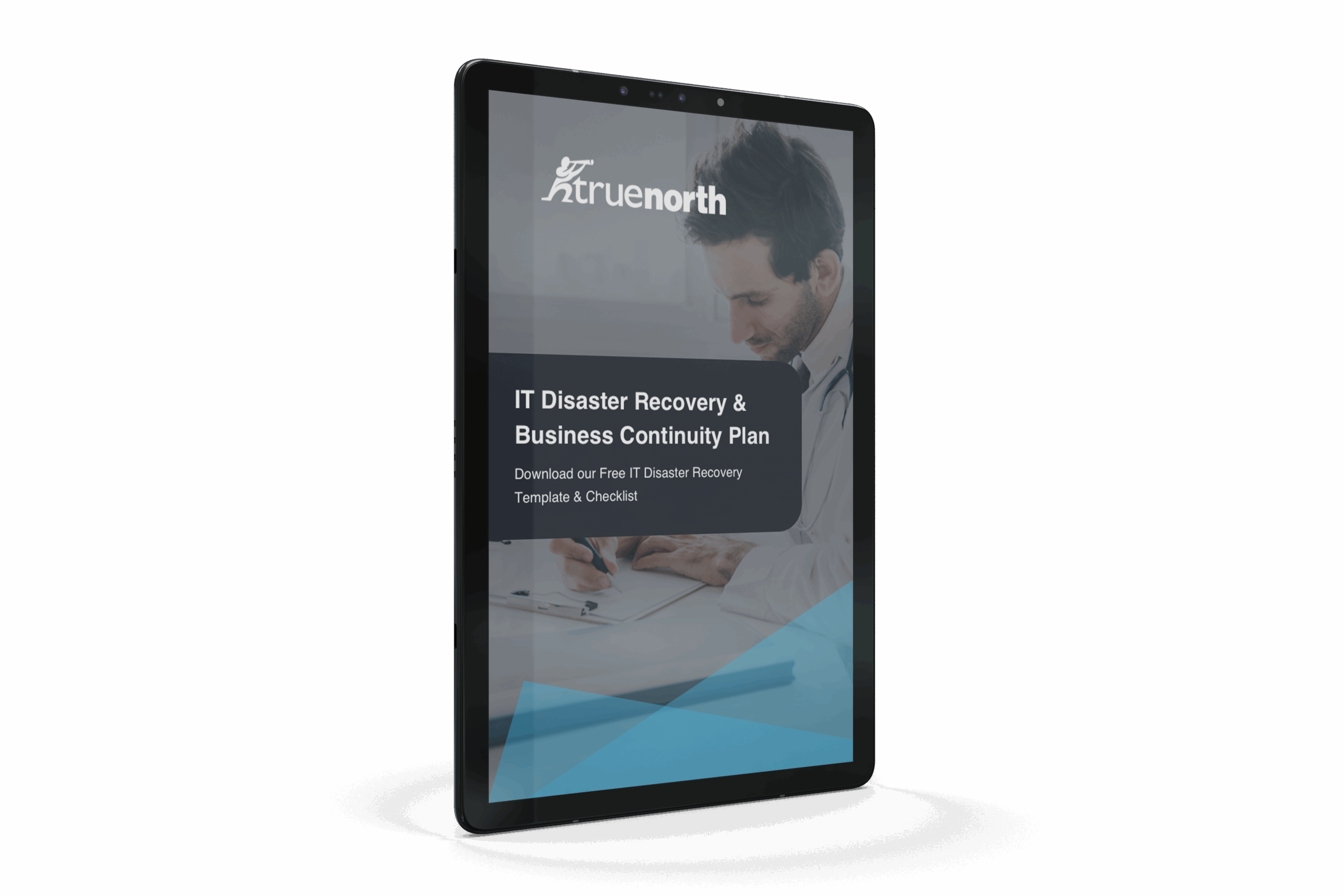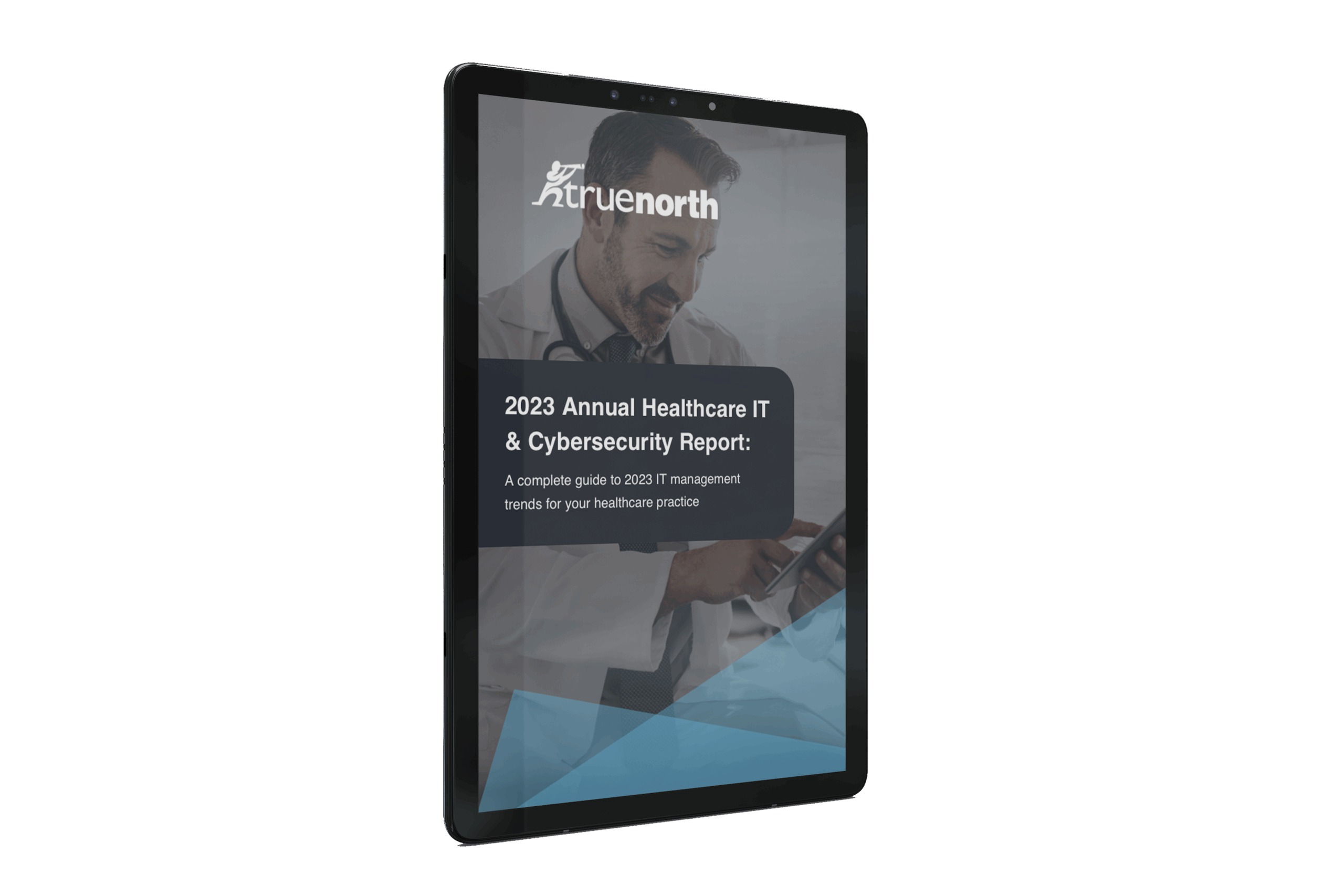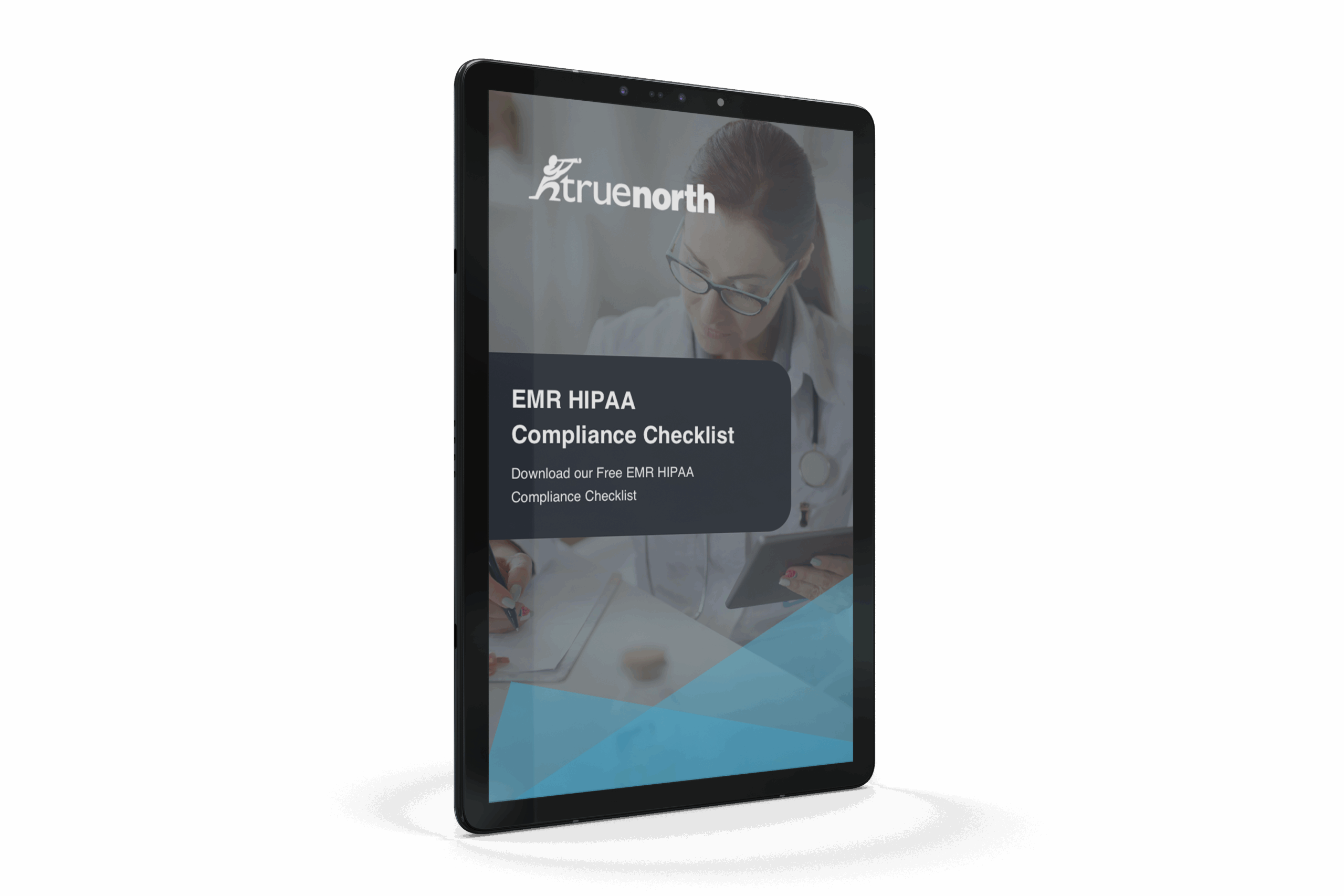Managed IT & Cloud Services for Healthcare
We manage IT, cloud and security so you can focus on your patients
Trusted Partners
Purpose-Built IT Solutions for Healthcare
Treat More Patients Per Doctor Per Day With Faster System Load Times And Modern Technology
- Eliminate crashes & downtime with a team that has 40+ years of IT expertise in the healthcare industry
- Keep all your patient data secure from hackers, and never worry about being held ransom.
- Be 100% compliant with HIPAA and PCI standards
- Have 0 bottlenecks, 0 data security risks, and 0 cost in-effficiencies


Improve Patient Outcomes By Integrating Healthcare Systems With Your EHR To Automate Time Consuming Admin Work
- AthenaHealth
- Centricity (Virence Health)
- NextGen
- Allscripts
- Aprima
- And more!
True North Healthcare IT
True North by the Numbers
60%
Reduction of IT Incidents after 4 months
99.999%
Average uptime with True North cloud
15 Years
1000’s of Healthcare IT projects over 15 years, 100+ practices under management
30+
Senior IT Consultants with over 10 Years EHR Experience

Why Healthcare Organizations Trust True North
Top IT Resources



Our other Healthcare IT Services Locations
ADDRESS
PHONE NUMBER
Fax: 425-743-3765
Managed IT Solutions for Healthcare: Frequently Asked Questions
What are the most important IT solutions for healthcare providers to consider, and how can these solutions improve patient outcomes and streamline workflows?
Some of the most important IT solutions for healthcare providers to consider include Electronic Health Records (EHRs), telemedicine, clinical decision support systems (CDSS), Internet of Medical Things (IoMT), and Artificial Intelligence (AI).
EHRs enable you to store, manage, and exchange patient information digitally, ensuring timely access to accurate and up-to-date medical records.
Telemedicine allows healthcare professionals to remotely evaluate, diagnose, and treat patients, enhancing access to healthcare services, particularly in underserved areas.
CDSS provide evidence-based clinical guidelines and data analysis tools that assist healthcare professionals in making informed decisions.
IoMT devices, such as wearables and remote monitoring systems, help you continuously monitor patients and collect data.
AI uses predictive analytics, medical imaging analysis, and natural language processing—all so you can more easily identify patterns.
How can healthcare providers ensure that their IT solutions are secure and compliant with industry regulations, such as HIPAA?
You can implement robust cybersecurity measures, conduct regular risk assessments, and provide employee training.
Crucial for IT for healthcare providers, you should adopt a multi-layered security approach, including encryption, strong authentication, and intrusion detection systems, to protect sensitive patient data.
Regular security audits and vulnerability assessments are also critical in helping identify potential threats and addressing them proactively.
What are the benefits of cloud computing for healthcare IT solutions, and how can providers determine if a cloud-based solution is right for their organization?
Cloud computing is one of the leading IT solutions for the healthcare industry, providing scalability, cost-efficiency, and improved collaboration.
With cloud computing, you can easily grow your storage and computing power. You also have the opportunity to reduce upfront costs—you only pay for what you use.
Before investing, you should assess the infrastructure you have in place, budget, security, and compliance requirements.
How can healthcare providers integrate new IT solutions with existing systems and processes, and what are the best practices for managing this process?
Integrating new IT solutions with your healthcare practice can be a challenge—you may not have visibility on all points of integration, nor a total list of everything that needs to be done.
That’s where working with a Managed Service Provider (MSP) that specializes in healthcare comes into play.
With your own team of IT experts, you can add (and remove) IT solutions while staying compliant with HIPAA and other critical regulations.
